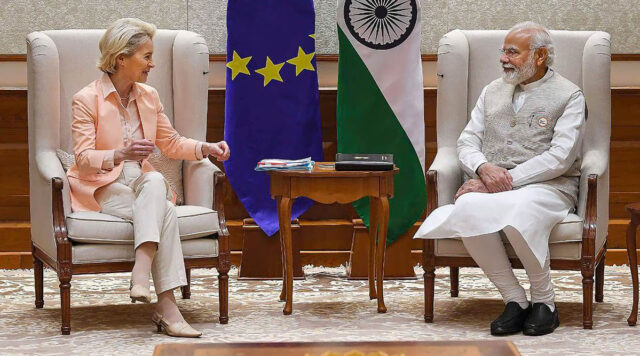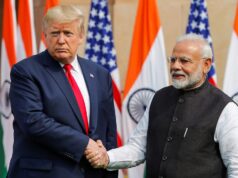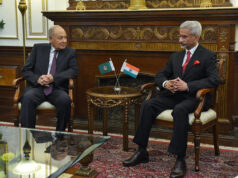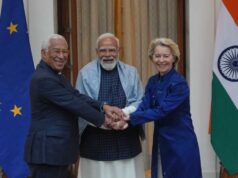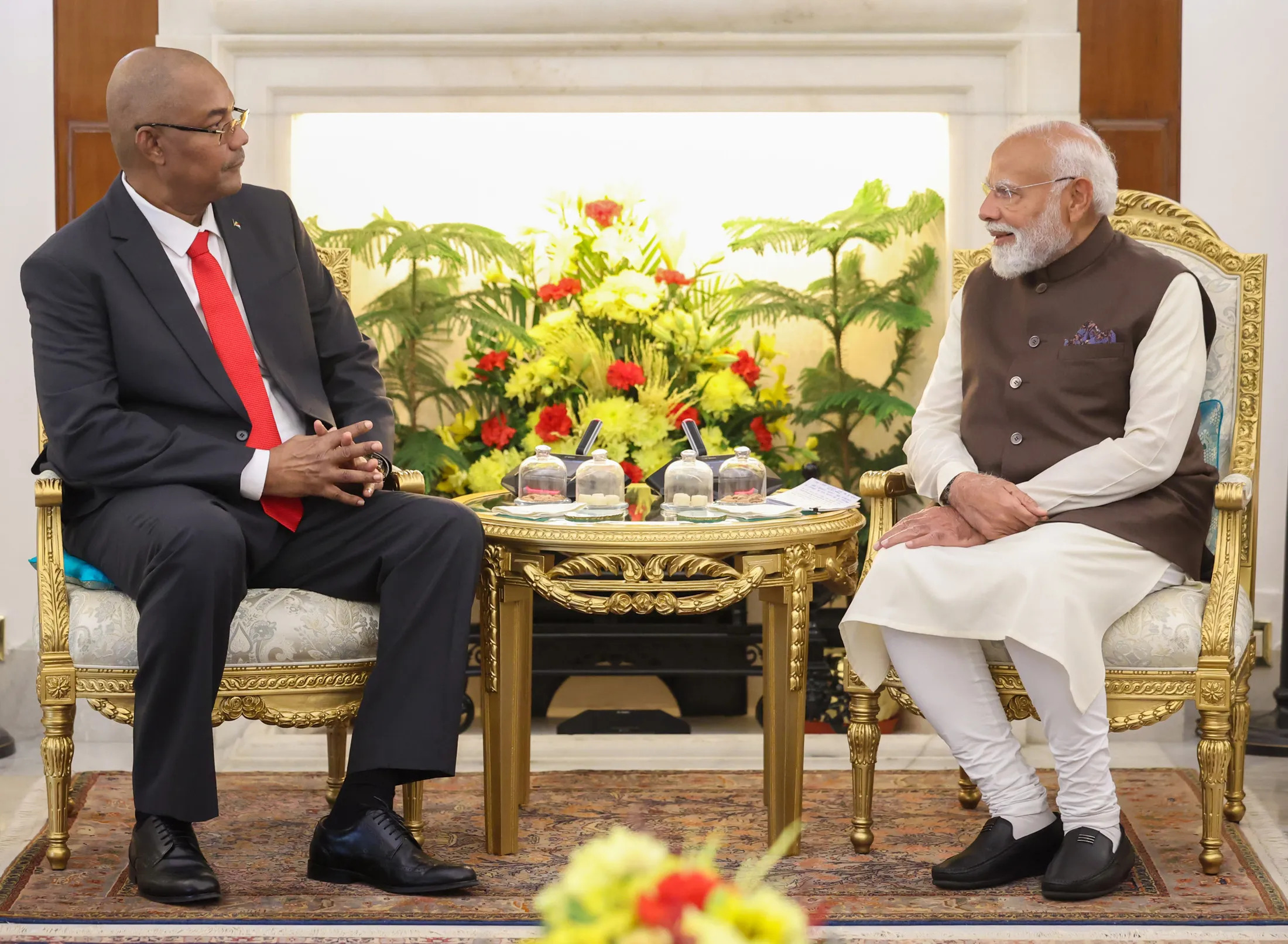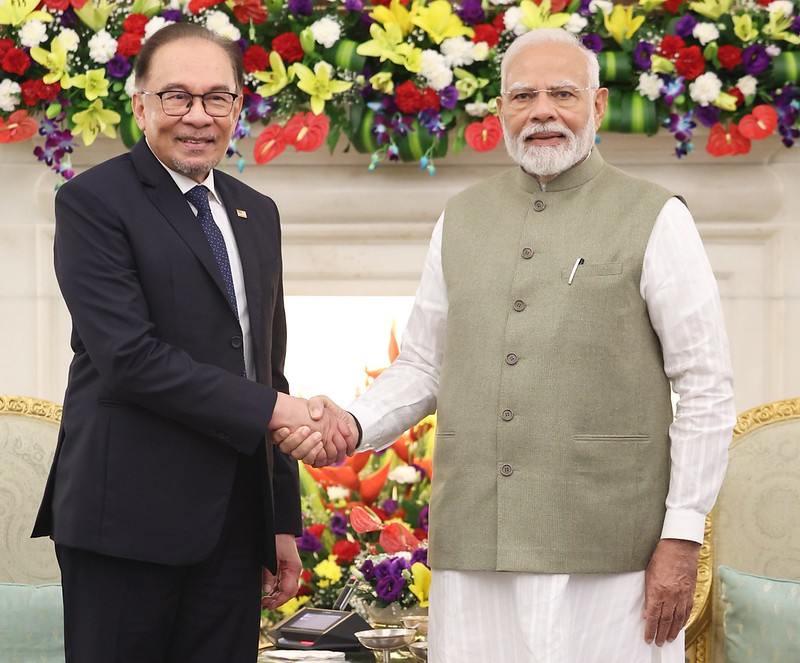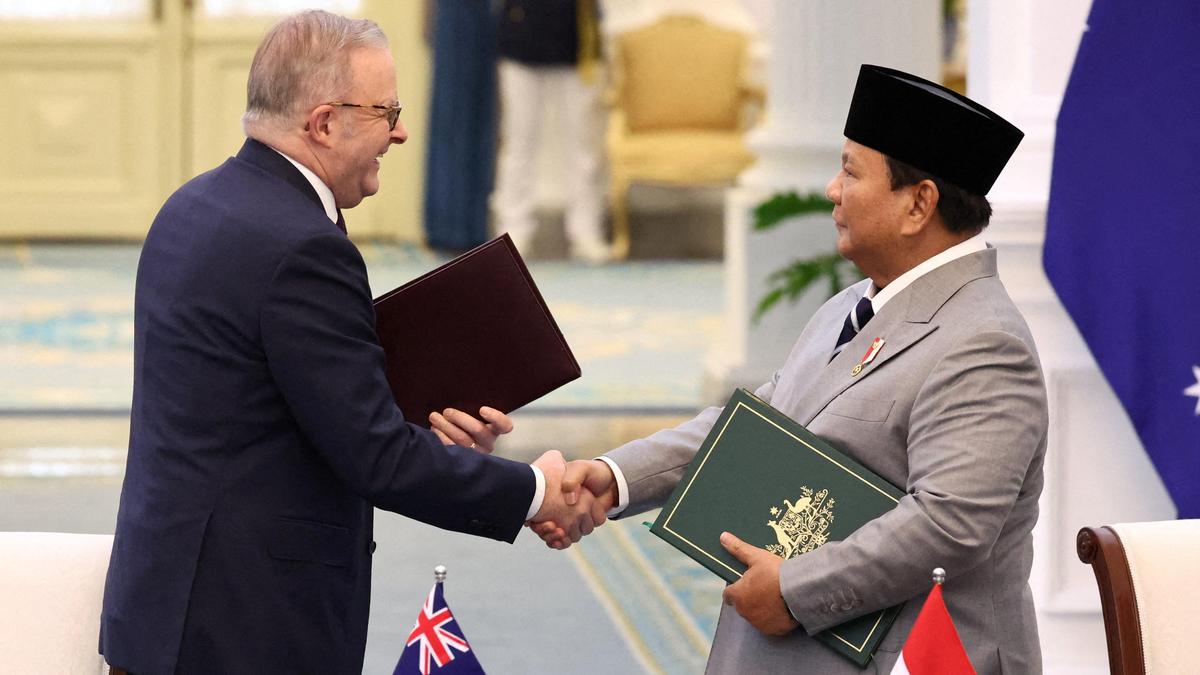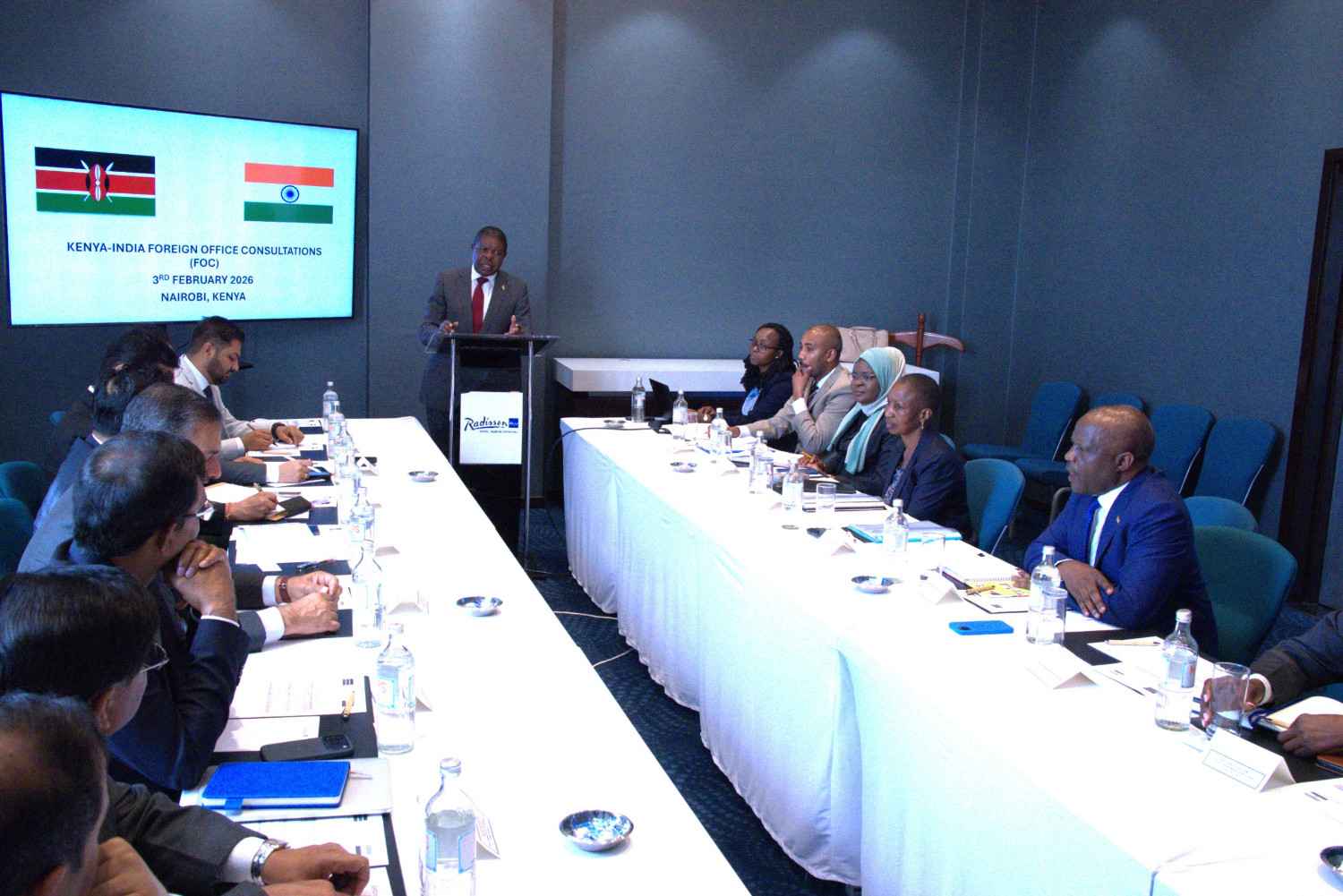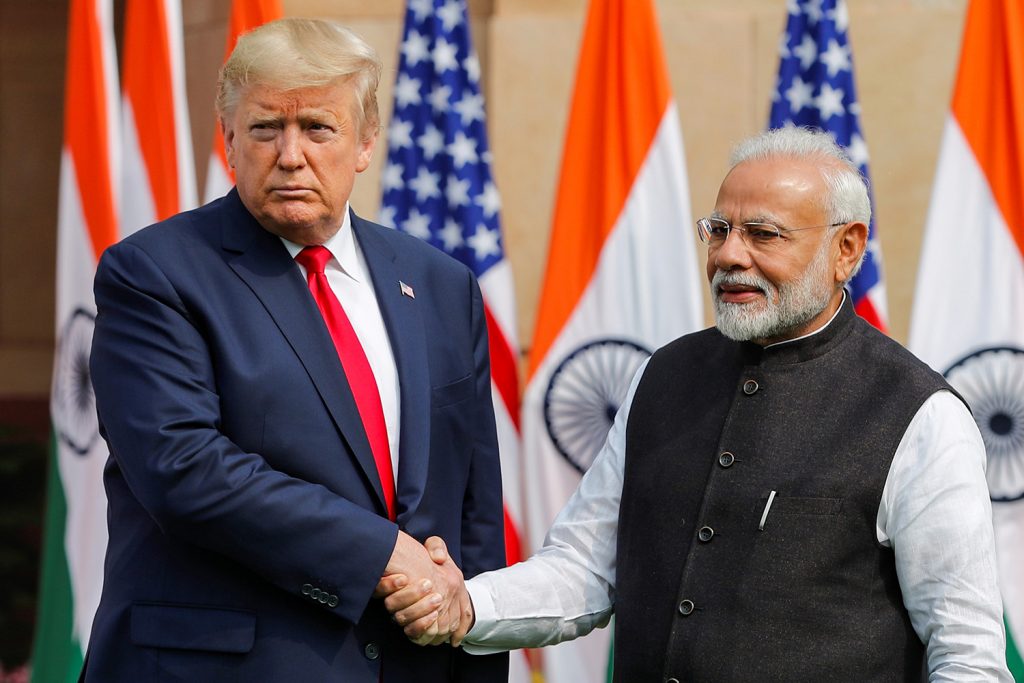The European Union (EU) has unveiled a comprehensive new strategic agenda aimed at taking its bilateral relations with India to an entirely new level. The initiative, which spans key areas such as trade, technology, defence, security, connectivity, and climate change, marks a significant shift in the EU’s approach to its growing relationship with the world’s fastest-growing major economy. In a speech announcing the move, European Commission President Ursula von der Leyen emphasised the importance of reinforcing partnerships based on shared interests and common values. “Now is the time to double down on partnerships rooted in shared interests and guided by common values,” von der Leyen said. “With our new EU-India strategy, we are taking our relationship to the next level.”
The launch of the initiative was confirmed by the European Commission, alongside its High Representative for Foreign Affairs, Kaja Kallas, who is spearheading the EU’s foreign policy. The pair adopted a joint communication detailing the ‘New Strategic EU-India Agenda’. According to von der Leyen, one of the key elements of the strategy is to conclude a Free Trade Agreement (FTA) with India by the end of 2025.
A Monumental Trade Partnership
Europe is already India’s largest trading partner, and both sides are eager to expand this economic relationship. The proposed FTA is set to be the most significant trade agreement of its kind globally, underscoring the importance of India as a partner for the EU. Von der Leyen noted, “Europe is open for business and ready to invest in a shared future with India.” Later, von der Leyen shared her thoughts on social media platform X, where she expressed her pleasure in wishing Indian Prime Minister Narendra Modi a happy birthday. She reiterated her excitement about the EU-India summit, which is expected to occur soon. “Together we’ll open a new chapter in our partnership,” she wrote, also addressing the ongoing trade talks and the situation in Ukraine, which remains a priority in EU-India discussions.
In response, Prime Minister Modi thanked von der Leyen for her warm wishes and expressed his enthusiasm for the EU’s new strategy. “Delighted to know about the ‘New Strategic EU-India Agenda’ adopted today. India is ready to take the India-EU relationship to the next level,” Modi said in a post on X. He added, “We remain committed to an early and peaceful resolution of the Ukraine conflict,” echoing the sentiment expressed in a joint statement from the Indian Prime Minister’s Office.
A Stronger Strategic Partnership
The joint communication, which comes after the College of Commissioners visited India in February, sets out a vision for strengthening EU-India relations. It highlights five key areas of shared interest, focusing on trade, technology, defence, regional connectivity, and multilateral engagement. The document underscores the need to adapt to shifting geopolitical realities, emphasising the growing importance of EU-India relations in strengthening economic growth, security, and diversifying global supply chains.
The EU’s latest strategy also recognises India’s increasing global influence and calls for joint efforts on several global issues, including climate change, sustainable development, and human rights. The document outlines a framework for bolstering cooperation on the emerging technologies that are expected to shape the future, such as digital infrastructure, cybersecurity, and critical supply chains. The proposed Free Trade Agreement will be central to these efforts, with a focus on economic security, innovation, and expanding commercial ties.
Enhancing Security and Defence Cooperation
Beyond trade, the EU’s agenda also aims to deepen defence and security cooperation with India. It includes provisions for enhanced strategic consultations, crisis management, maritime security, and counterterrorism efforts. One of the most significant proposals is the launch of negotiations for a Security of Information Agreement, which would facilitate the exchange of classified information between the two parties. Kaja Kallas noted that the EU views India as a crucial partner in addressing emerging security challenges, including hybrid threats, space security, and the ongoing war in Ukraine. “The EU and India share an interest in promoting a rules-based international order,” Kallas said. “Our negotiations will address these challenges head-on.”
Strengthening Regional Connectivity and Multilateral Engagement
The EU’s new strategy also places a strong emphasis on regional connectivity. Notably, it proposes joint efforts to advance the India-Middle East-Europe Economic Corridor (IMEC), a significant infrastructure project aimed at improving trade and connectivity across the regions. Additionally, the EU aims to enhance trilateral cooperation with India and other countries, particularly in multilateral forums, and deepen engagement on global governance and international law. The EU is also keen to promote mobility between the two regions, with a proposal to develop a comprehensive framework for skills, work, and research. The initiative includes setting up a pilot European Legal Gateway Office to facilitate labour mobility, and it envisions greater cooperation between civil society, youth, and businesses through an EU-India Business Forum.
A Strategic Vision for the Future
The overarching vision of the EU-India agenda is to cultivate a partnership that delivers tangible benefits for both sides, as well as for the broader global community. It is clear that both Europe and India view this relationship as essential for addressing the critical challenges of the 21st century. “India is one of the most important players in the world today and a natural partner for the European Union,” Kallas concluded. “Our partnership is about defending a rules-based international order. It is about security, prosperity, and shared responsibility for addressing the challenges we face globally.” Looking ahead, the EU is committed to strengthening its ties with India and working together to promote stability, foster economic growth, and uphold democratic values in the face of a rapidly changing global landscape. The launch of this strategic agenda signals the beginning of a new chapter in what is fast becoming one of the world’s most vital international partnerships.

